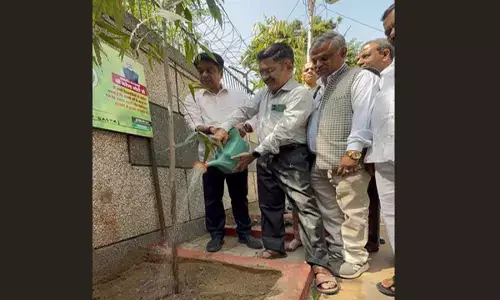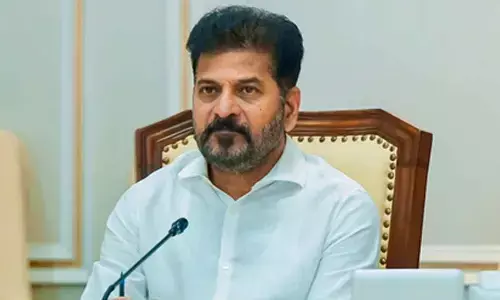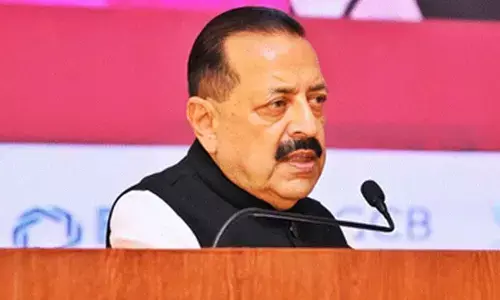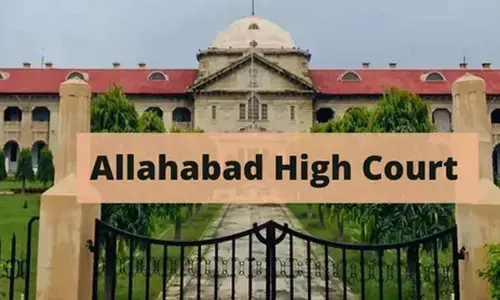Understanding Eid ul-Fitr: A Celebration Rooted in Islamic Faith
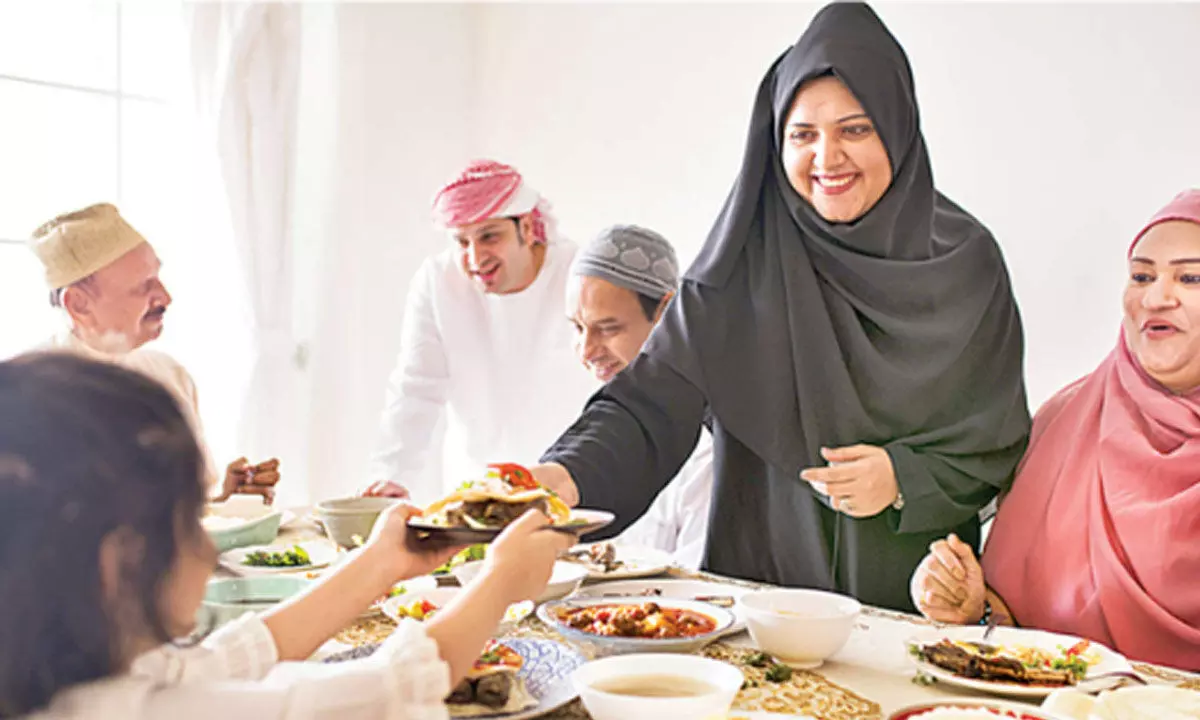
We spoke to Moulana Asim Hussami, Emaam & Khateeb Jama Masjid A.C.
We spoke to Moulana Asim Hussami, Emaam & Khateeb Jama Masjid A.C. Guards, Hyderabad about Eid ul-Fitr. He beautifully encapsulates the essence of Eid ul-Fitr, emphasizing its deep-rooted significance within the Islamic faith. Eid ul-Fitr represents much more than a mere festival; it embodies a profound expression of faith, unity, and gratitude.
Eid ul-Fitr is a significant festival celebrated by Muslims worldwide, marking the culmination of Ramadan, a month of fasting, prayer, and spiritual reflection. This joyous occasion holds profound meaning in Islamic tradition and is observed with great enthusiasm and devotion.
Islamic Significance
Eid ul-Fitr is a special time for Muslims as it signifies the completion of a fundamental pillar of Islam, which is fasting during the holy month of Ramadan. Fasting during Ramadan is not just an act of self-discipline; it is a spiritual practice that allows Muslims to deepen their connection with Allah, seek forgiveness, and reflect on their faith.
Reasons to Celebrate
1. Gratitude and Thankfulness: Eid ul-Fitr is a celebration of gratitude towards Allah for granting strength and endurance to observe fasting throughout Ramadan. It’s a time to express thankfulness for the blessings received and seek Allah’s mercy and forgiveness.
2. Community and Unity: Eid ul-Fitr emphasizes the importance of unity and togetherness within the Muslim community. Muslims gather for communal prayers and festive gatherings, reinforcing bonds of brotherhood and sisterhood.
3. Generosity and Charity: Giving to those in need (Sadaqat-ul-Fitr) is a significant aspect of Eid ul-Fitr. It symbolizes compassion and generosity towards the less fortunate, reflecting the Islamic values of empathy and social responsibility.
4. Renewal of Faith: Eid ul-Fitr serves as a reminder of the spiritual growth achieved during Ramadan. It encourages Muslims to continue embodying the values of compassion, self-discipline, and devotion beyond the fasting month.
Special Observance in 2024
This year, Eid ul-Fitr will be celebrated on April 11 in India, marking a day of joy, prayer, and festivity for Muslims. The exact date depends on the sighting of the moon, which holds symbolic significance in Islamic lunar calendar.
Participation and Respect
As non-Muslims, understanding the significance of Eid ul-Fitr fosters mutual respect and cultural appreciation. Participating in Eid celebrations, exchanging greetings, and learning about Islamic customs demonstrate respect for our Muslim friends and neighbours.
Do's and Don’ts for Eid ul-Fitr 2024
Do's:
1. Offer Namaz: Begin the day with prayers to seek Allah’s forgiveness and blessings.
2. Practice Generosity: Donate generously to those in need, as acts of charity hold special significance on Eid.
3. Spread Love and Harmony: Embrace goodwill towards all, fostering both religious and social harmony.
4. Share Blessings: Extend kindness not only to fellow humans, by donating food items.
5. Embrace Forgiveness: Use this occasion to reconcile with loved ones and let go of grievances.
Don’ts:
1. Avoid Haram Acts: Refrain from indulging in prohibited activities such as consuming intoxicants.
2. Respect Others: Avoid mocking or hurting others, as it displeases both individuals and Allah.
3. Maintain Peace: Steer clear of arguments or conflicts, upholding the spirit of Eid’s peace and unity.
4. Honour Elders: Show respect and affection towards parents and elders, refraining from actions that cause them sadness.
5. Respect Prayers: Ensure that everyone’s right to pray and worship is upheld, as this invites Allah’s blessings.
The essence, Eid ul-Fitr is more than just a festival; it is a profound expression of faith, unity, and gratitude in the Islamic tradition. By recognising and honouring the spiritual significance of Eid ul-Fitr, we cultivate understanding and harmony within our diverse communities.


